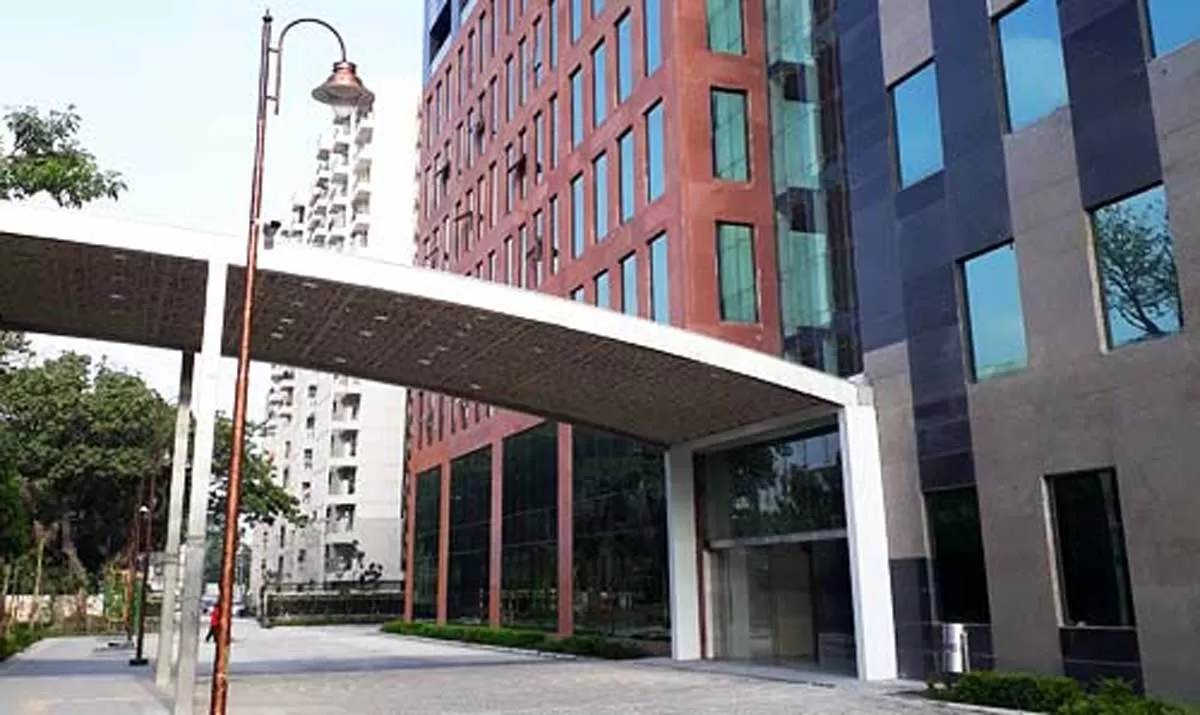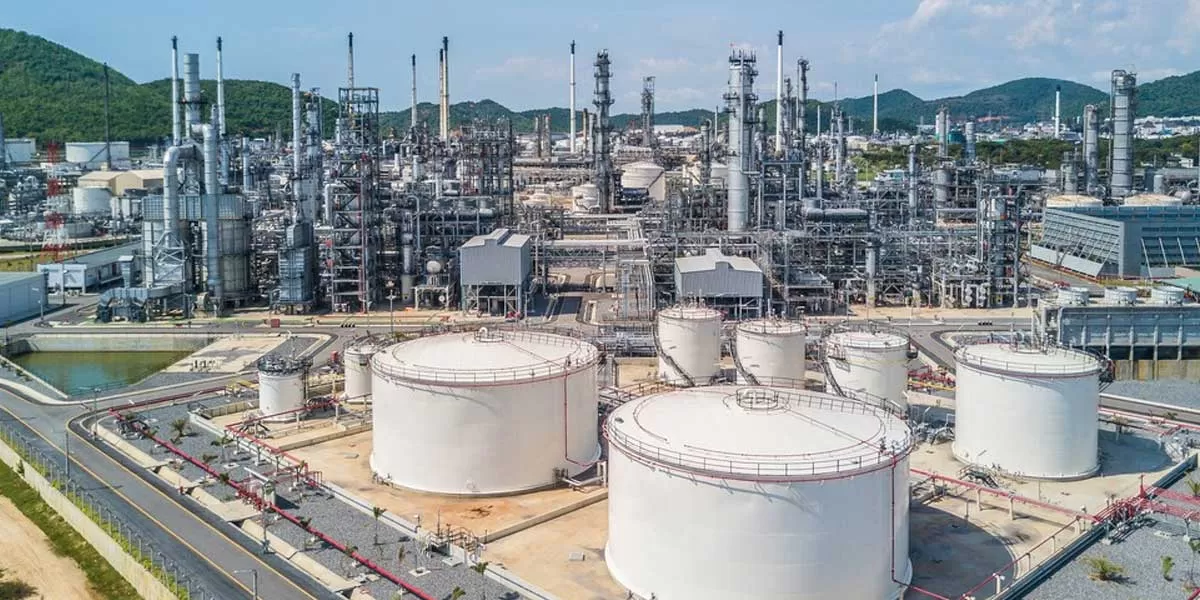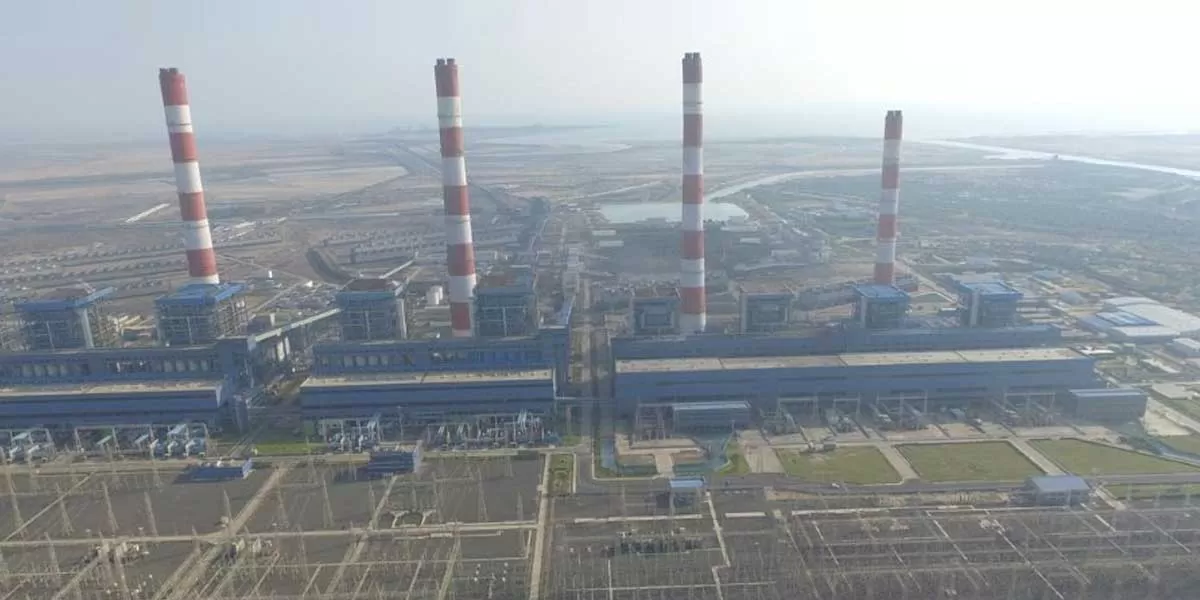
CCI Clears Ambuja Cements' Plan to Acquire 72.8% Stake in Orient Cement
The Competition Commission of India has approved Ambuja Cements's proposed acquisition of up to 72.8 per cent shareholding in Orient Cement. Ambuja Cements, a leading manufacturer of grey cement, produces Ordinary Portland Cement (OPC), Pozzolona Portland Cement (PPC), and Pozzolona Composite Cement (PCC). The company, along with its subsidiaries, operates 22 integrated cement plants, 10 bulk cement terminals, and 21 grinding units across India. Orient Cement specializes in the production of grey cement, including PPC and OPC. The company operates three manufacturing facilities in Devapur ..

CCI Clears Shell’s 100% Acquisition of Raj Petro Specialities
The Competition Commission of India has granted approval for the acquisition of Raj Petro Specialities by Shell Deutschland GmbH and Shell Overseas Investments BV. The transaction involves the complete acquisition of Raj Petro Specialities' equity share capital by these Shell entities. Shell Plc, the parent company of the Shell Group, operates as a multinational energy and petrochemical corporation. The company is engaged in various sectors, including oil and gas exploration, production, manufacturing, marketing, and shipping of oil products and chemicals. Additionally, the group is involved..

CCI Clears JSW Energy's Full Acquisition of KSK Mahanadi Power
The Competition Commission of India has approved the proposed acquisition of 100 per cent shareholding in KSK Mahanadi Power Company by JSW Energy. JSW Energy (JSWEL) is a public listed company having established its presence across the value chains of the power sector with diversified assets in power generation, transmission and trading with strong operations, robust corporate governance and prudential capital allocation. Presently, JSWEL (through its subsidiaries) is engaged in power generation, power transmission, power trading, coal mining, and power equipment manufacturing. JSW Thermal ..














